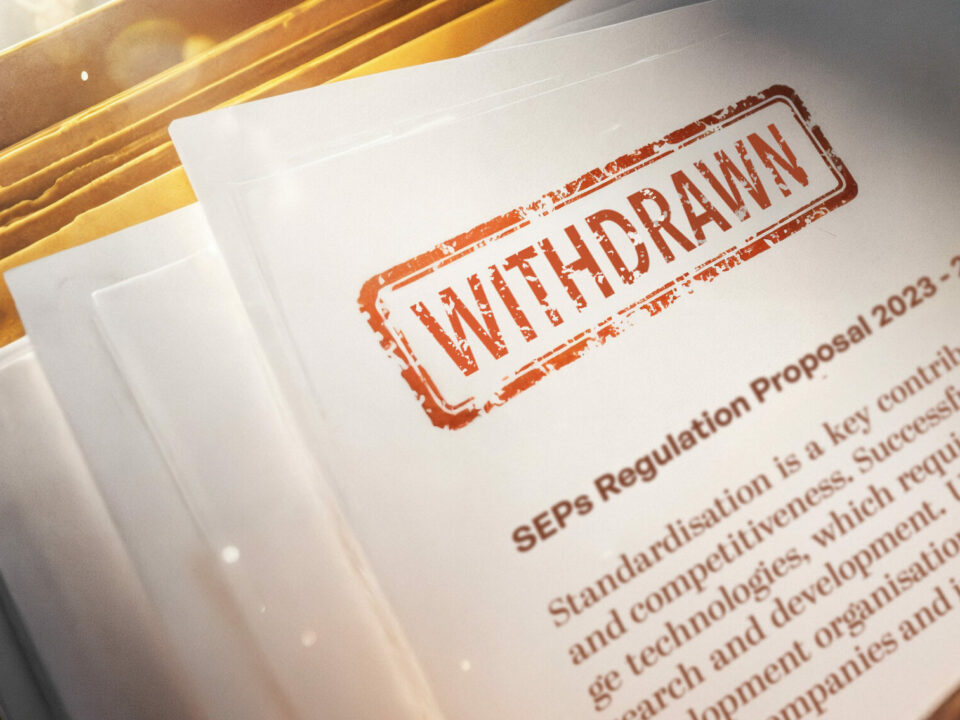IEEE royalty rate fixing would probably breach EU competition law
Article by Professor Nicolas Petit, published on ssrn.com
The IEEE-SA updated patent policy and the Business Review Letter issued by the US DoJ have caused much discussion in the US (Sidak, 2015). The purpose of this paper is to assess whether a similarly lenient antitrust approach to Standard Setting Organizations’ (“SSOs”) rate setting policies would prevail under the European Union (“EU”) competition rules. Recent EU competition case-law has promoted a very hard line in the area of coordinated conduct. Cases such as Dole Food Company, T-Mobile or Expedia have expanded the scope of the per se prohibition rule found in Article 101 TFEU to forms of horizontal coordination with less than obvious anticompetitive potential, such as “cheap-talk” pre-pricing communication (Dole Food Company), episodic collusion (T-Mobile) and horizontal agreements with limited market coverage (Expedia). Those judgments, and others, share a common rationale: that of deterring any coordinated interference with the price system. In the EU courts’ view, joint interference by competitors with the price system seems to be a sin in itself, regardless of actual or potential market effects. Horizontal coordination is thus increasingly prohibited on its face, and punished as a means to set an example. From an enforcement standpoint, this trend in the case-law trend has pros (lower enforcement costs) and cons (deters pro-competitive coordination). But perhaps more importantly, it has a major normative implication, which is that it raises the antitrust risk for all forms of coordination, including arrangements of the type found in the IEEE-SA updated patent policy. This paper explains that the antitrust risk generated by SSOs rate setting policies is presumably higher in the EU than in the US, where the case-law on horizontal coordination is less stringent. From a methodological standpoint, the paper choses to discuss this issue on the sole basis of the case-law of the EU courts, instead of focusing on Commission Guidelines and other soft law instruments, whose binding value on parties other than the Commission itself has been considerably degraded in recent judgments.
Link toward Professor Petit’s article.



